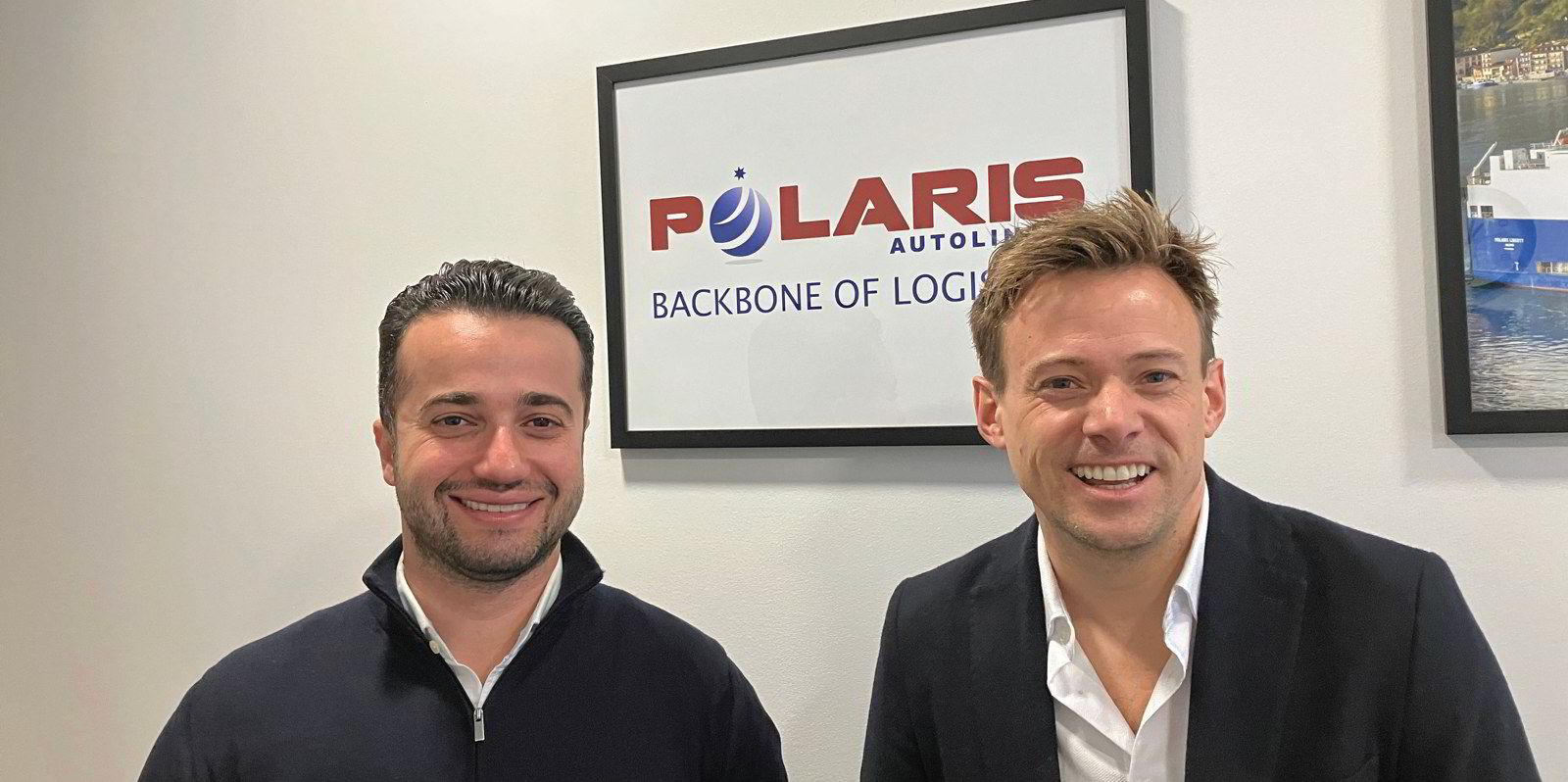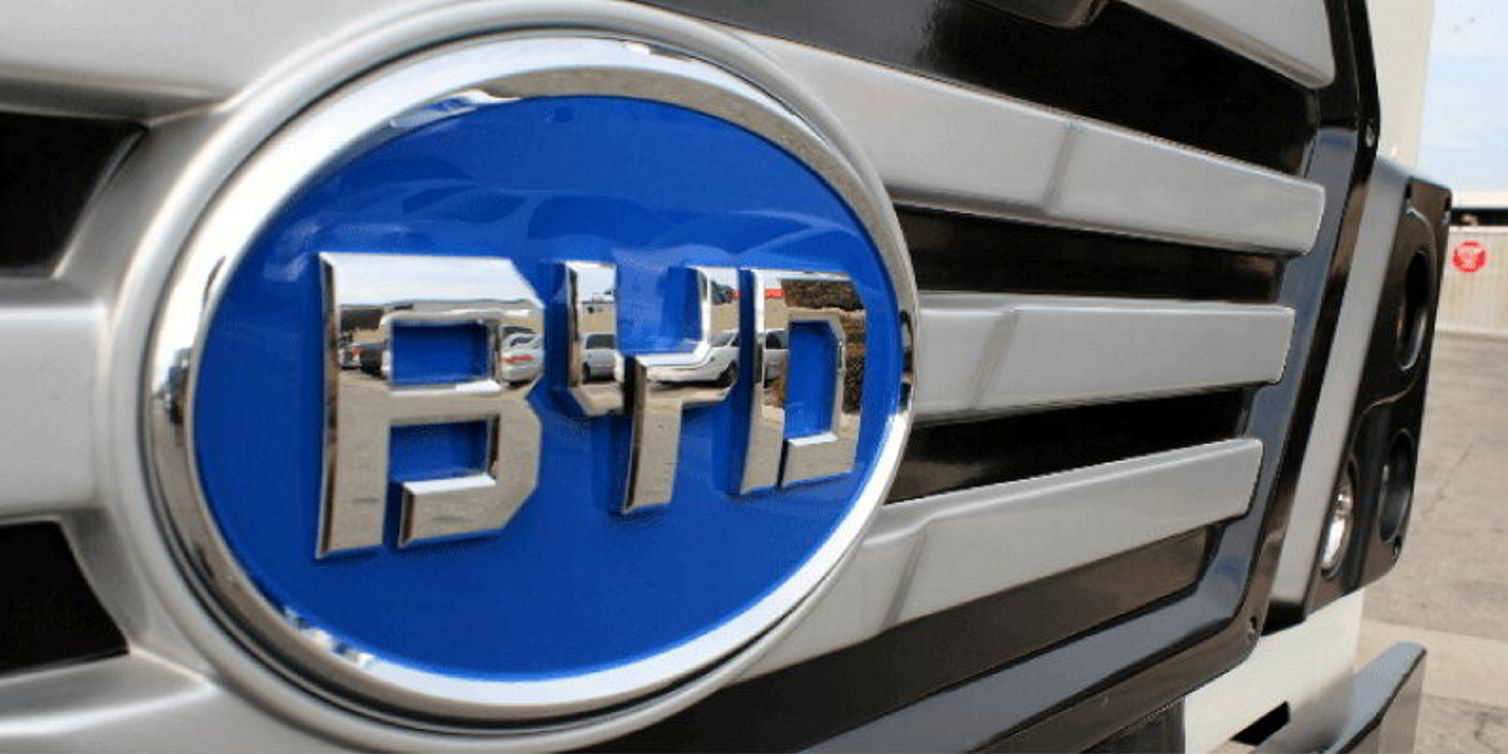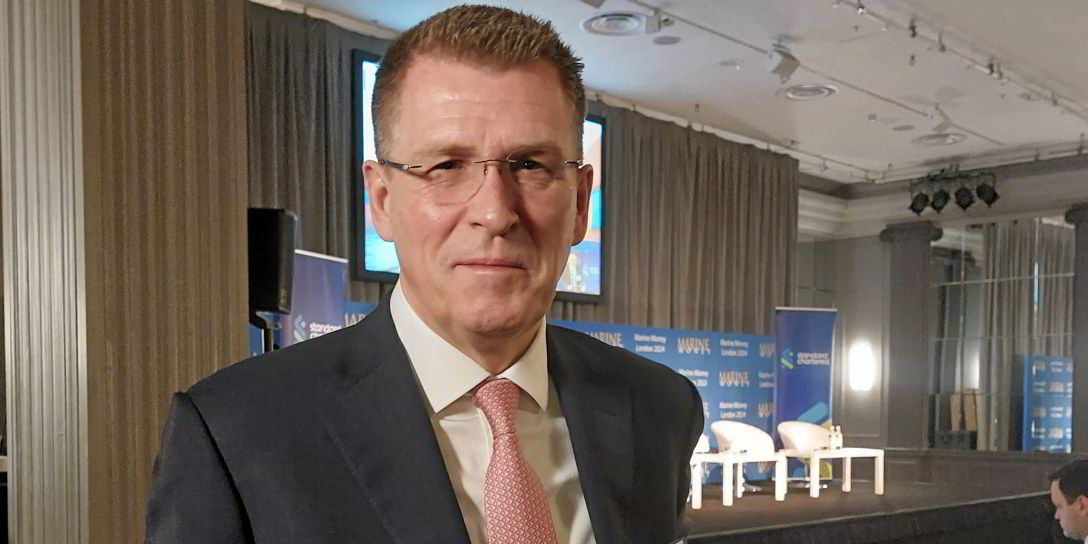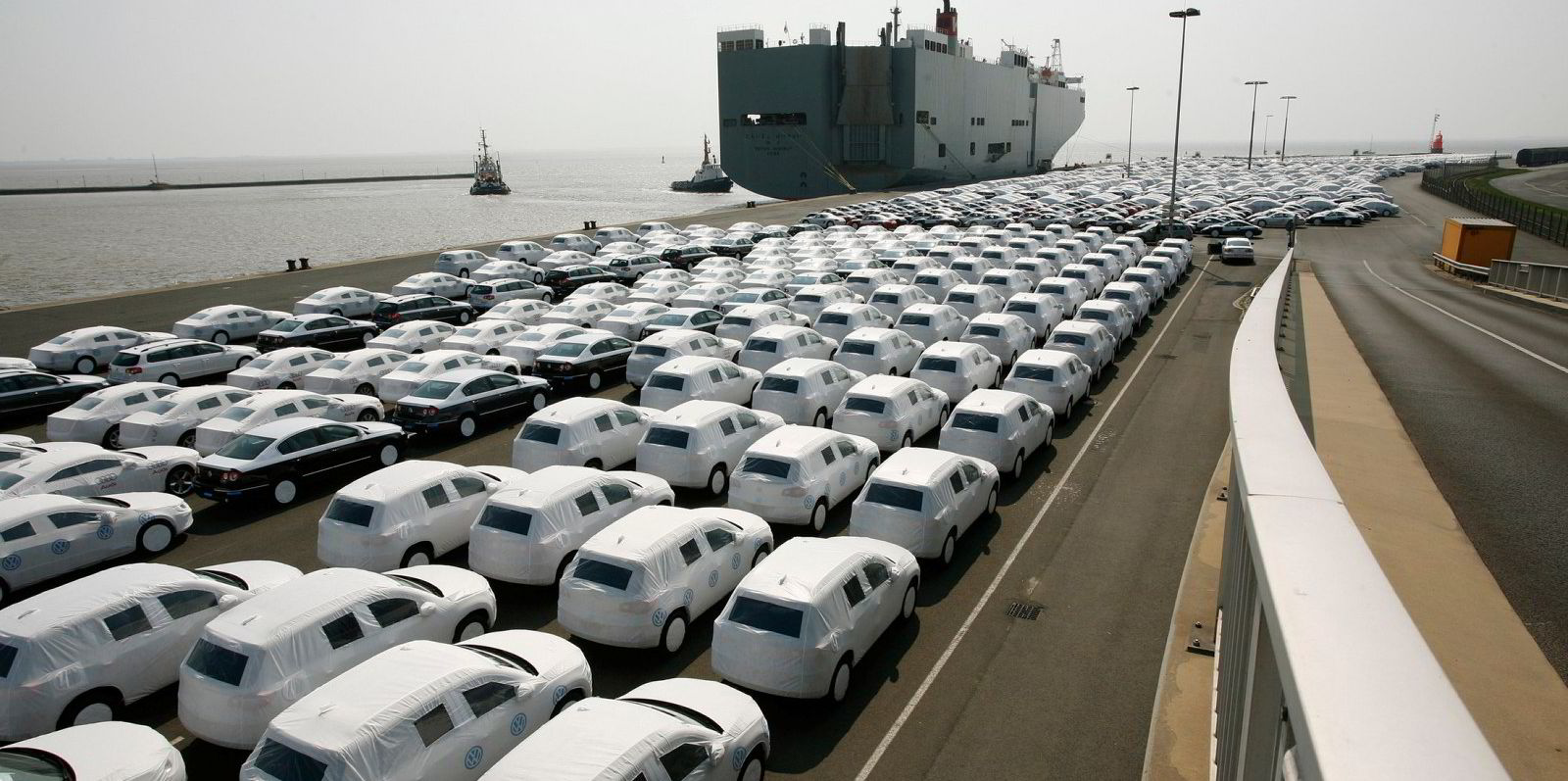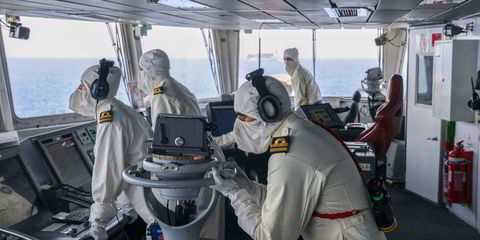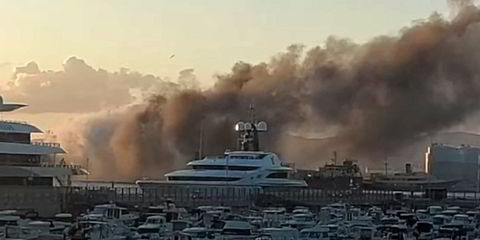Walid Salloum launched Salloum Logistics in Germany just over a decade ago with just a handful of trucks and plenty of hope and ambition.
Today, the young entrepreneur has established a spin-off shipping company — Polaris Autoliners in London’s West End — and plans to transport more than 300,000 cars around the world with an operated fleet of six ships.
It has been a dramatic entry into the car carrier market, which is dominated by large corporate players and has more barriers to entry than most.
Polaris has acquired two car carriers and is drawing up its first newbuilding plans.
The company’s growth has been based on first offering pure trucking, which was later joined by port-side storage in Europe.
The combination offered nimble solutions to help manufacturers shift stock during difficult times such as the Covid-19 pandemic.
It is now applying the same principle to ocean transportation.
It is working closely with car manufacturers to bridge supply chain shortfalls during peak fleet demand, particularly amid China’s export boom absorbing available tonnage.
As Salloum expanded the company, he ventured into shipping through the space and voyage charter market in 2021.
Salloum then met with Clarksons’ shipbroker Fergus Duncan in a London cafe and told him about his plan to start a shipping business and wanted help to arrange long-term charters. He was told to dream on.
“In 2021-2022 the demand was there, and we were receiving a lot of requests from the OEMs [original equipment manufacturers],” he recalled. “We were more involved in voyage chartering but we couldn’t offer a reliable solution if we didn’t have our own fleet.
Go home
“So I came to London in October 2022 and my first visit was to Clarksons. They told me: ‘No way, no way can you as a small trucking company with €20m annual revenue charter a ship. You better go home.”
Car carrier specialist Marius Toft, who worked for Eastern Pacific Shipping at the time — but has now joined Polaris as chief executive — had the same advice for Salloum.
“He [Toft] told me in a very polite way, ‘It’s very difficult, you know’,” Salloum remembered.
But, by demonstrating the commitments he had from car carrier clients, he won over the broker and tonnage suppliers.
The firm’s first long-term time charter was for the 1,000-ceu Viking Princess (built 1996).
Taxi hotline
“The one thing that surprised us all is we didn’t know his relationship with car manufacturers was so strong that they were willing to, you know, trust him with these contracts,” Toft said.
Last year, Salloum said his mobile was ringing like a “taxi hotline” with WhatsApp messages from manufacturers looking for help. “I think the good thing that I have done is I have never said no,” he said.
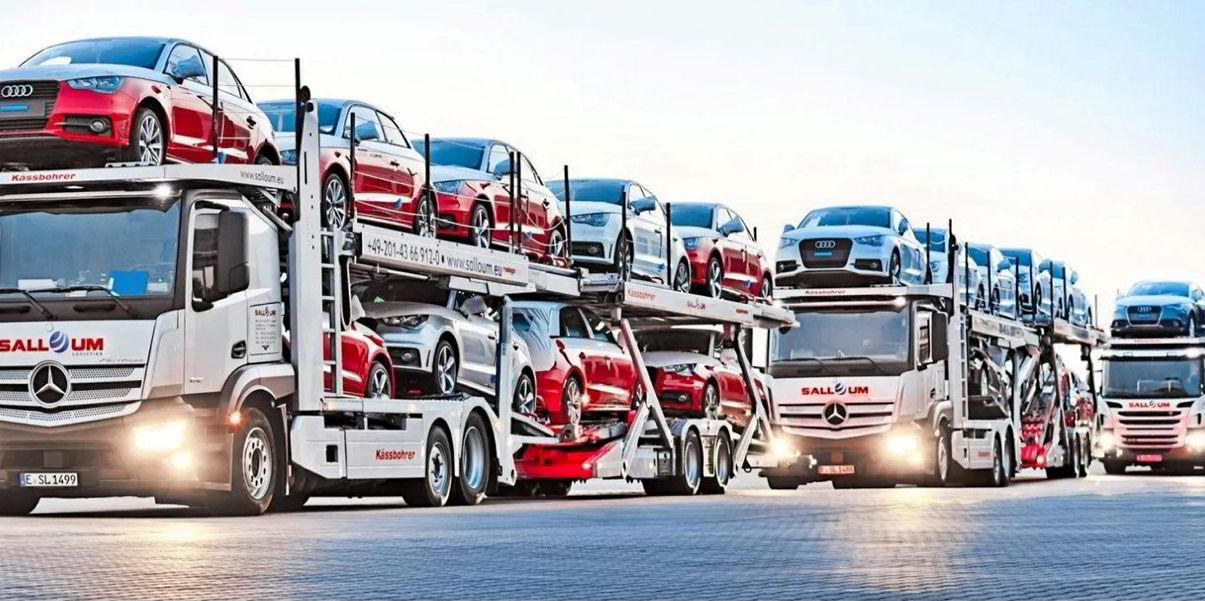
Today, it is working closely with major car manufacturers to combine trucking and storage facilities that can offer a solution from the factory door to the showroom.
The company’s trucking fleet has been expanded to 200 vehicles and it has developed a base in six countries. If all goes well, in total, the combined companies will transport around 500,000 cars this year.
“To operate ships in Europe you need to make sure that you have space to discharge and you have space to load. The task that we have is to evacuate the terminals and take cars to the dealerships,” he explained.
“Both Salloum and Polaris are each doing their tasks so we have enough cars to load when the vessel arrives. This may have made us, I think, different from all the other companies.”
Now, with Toft on board, and working closely with brokers such as Clarksons, the company believes it has its finger on the pulse of what is happening in the car carrier market.
The plan is to continue to grow its shortsea and oceangoing fleet. The company launched a new service from Asia to Australia and New Zealand. The initial fleet has a relatively old age profile but newbuildings are the next obvious step to keep pace with the manufacturers’ demand for low-carbon shipping.
“Now we have the opportunity to build up a fleet and to pay our fleet off for the next years and to invest in the future,” Salloum said.
“That is what we are aiming for, we want to maintain ourselves as a European operator based in London and serve the OEMs with our vessels, operating a feeder service in Europe but also offering deepsea services on certain legs. Of course, we are looking into a newbuild programme but we will not decide on that today.”
